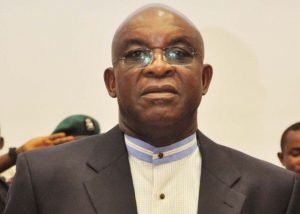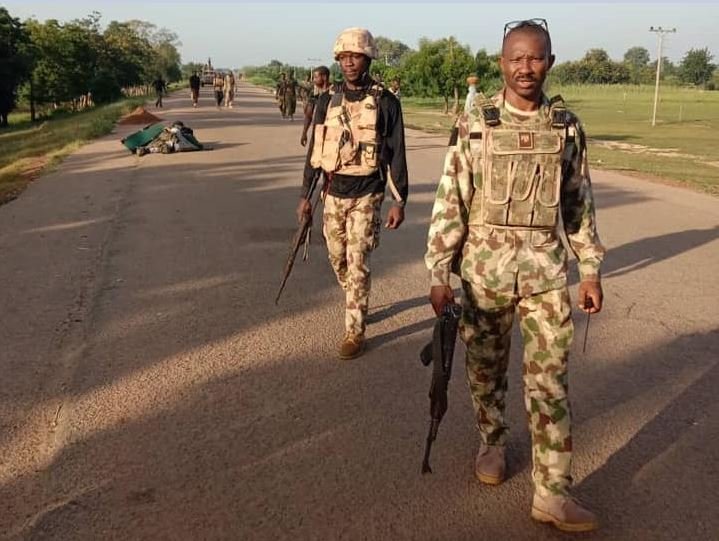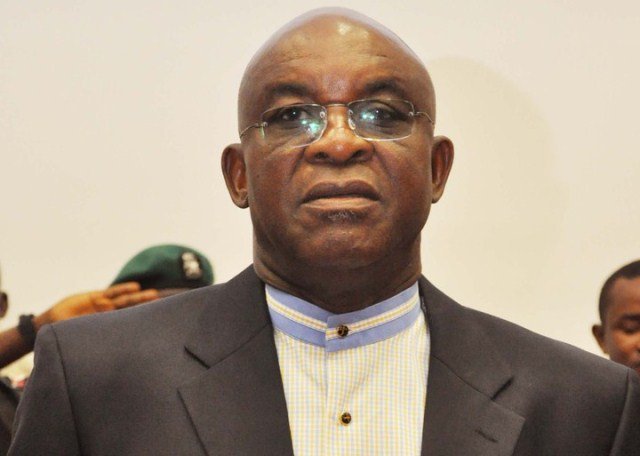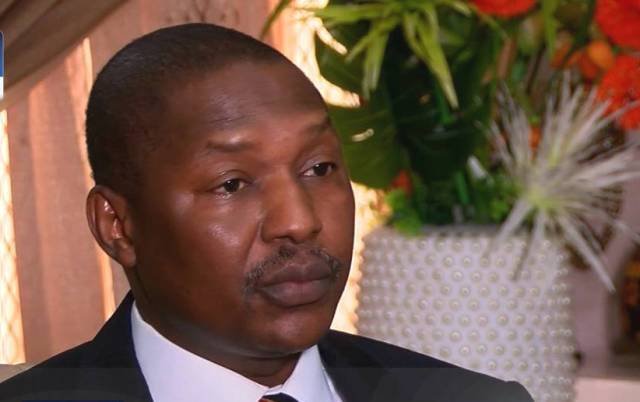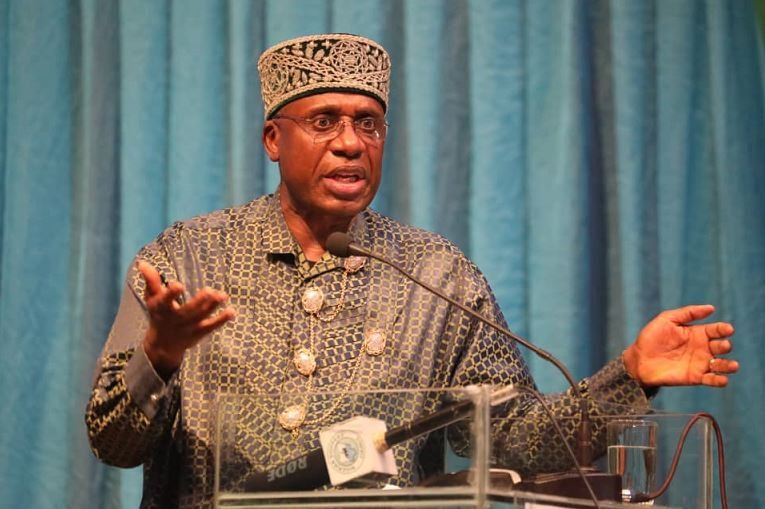Argentinians elected right-wing libertarian Javier Milei on Sunday as the next president of the South American country.
Milei, a candidate with radical views, has been elected to restore an economy ravaged by triple-digit inflation, a predicted recession, and soaring poverty. Milei received about 56% of the vote, compared to a little over 44% for his opponent, Peronist Economy Minister Sergio Massa, who conceded in a speech.
The outcome surprised pollsters, who had projected a closer battle. Milei, a 53-year-old economist and former TV pundit, has shattered the stranglehold of the two main political forces on the left and right—the Peronists and the main conservative bloc, Together for Change.
“The election marks a profound rupture in the system of political representation in Argentina,” said Julio Burdman, director of the consultancy Observatorio Electoral, ahead of the vote.
Supporters of Massa, 51, an experienced political wheeler-dealer, had hoped to capitalize on voter concerns about Milei’s unpredictable personality and intention to shrink the state’s size.
“Milei’s policies scare me,” teacher Susana Martinez, 42, said on Sunday after she voted for Massa.
Milei is also an outspoken opponent of abortion, supports broader gun regulations, and has criticized Argentina’s Pope Francis. He used to carry a chainsaw as a symbol of his planned cuts, but he has since put it away to help bolster his moderate image.
Following the first-round voting in October, the president-elect formed an uneasy alliance with the conservatives, which strengthened his popularity. However, he will face a deeply fragmented Congress with no single group holding a majority, which means he would need to gain support from other factions to pass legislation. His coalition also lacks regional governors and mayors.
Hundreds of his followers and supporters honked horns and screamed his popular slogan against the political establishment—”out”with all of them”—as rock music played from speakers in downtown Buenos Aires. As the enthusiasm grew, other people set off fireworks.
“We came to celebrate this historic triumph,” said Efrain Viveros, a 21-year-old student from the province of Salta. “I’m honestly ecstatic. Milei represents change, for the better. With Massa, we’d have had no future; our future has returned.”
In a speech, Massa said he had congratulated Milei and that the libertarian now needed to demonstrate his willingness to reign. “From tomorrow on, the responsibility of providing certainty belongs to Milei,” he remarked in response.
Milei has promised economic shock therapy. His ideas include closing the central bank, abandoning the currency, and cutting spending—potentially harsh policies that have resonated with citizens frustrated with the economy.
“Milei is the new thing; he’s a bit of an unknown, and it is a little scary, but it’s time to turn over a new page,” said 31-year-old restaurant worker Cristian as he voted on Sunday.
The president-elect faces significant challenges. He will have to deal with the government’s and central bank’s empty coffers, a shaky $44 billion debt program with the International Monetary Fund, inflation approaching 150%, and a bewildering variety of capital controls.
Some Argentines saw the vote as a choice between fear of Milei’s severe economic medicine and fury at Massa and his Peronist party for causing an economic catastrophe that has left Argentina badly in debt and unable to access global credit markets.
The president-elect is especially popular among the young, who have grown up watching their country slide from crisis to crisis.
“Perhaps not everything Milei says I agree with or can identify with, but he is our future,” said Irene Sosa, a 20-year-old student celebrating outside his election bunker. “Milei represents a future for young people like me; Massa was everything that is wrong with our country.”
His victory upends Argentina’s political landscape and economic roadmap, potentially affecting the grain, lithium, and hydrocarbon trade. Milei has chastised China and Brazil, declaring that he will not negotiate with “communists,” and has advocated for greater connections with the United States.

